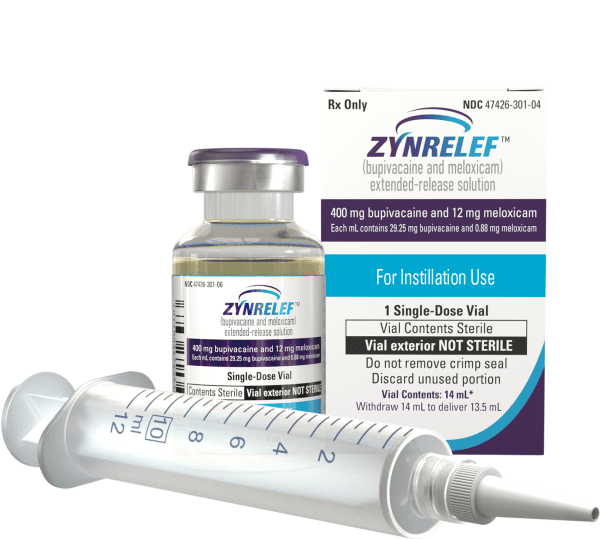Bupivacaine/meloxicam Interactions
There are 578 drugs known to interact with bupivacaine/meloxicam, along with 13 disease interactions, and 2 alcohol/food interactions. Of the total drug interactions, 124 are major, 404 are moderate, and 50 are minor.
- View all 578 medications that may interact with bupivacaine/meloxicam
- View bupivacaine/meloxicam alcohol/food interactions (2)
- View bupivacaine/meloxicam disease interactions (13)
Most frequently checked interactions
View interaction reports for bupivacaine / meloxicam and the medicines listed below.
- Adderall (amphetamine / dextroamphetamine)
- Aspirin Low Strength (aspirin)
- Benadryl (diphenhydramine)
- Benadryl Allergy (diphenhydramine)
- Bentyl (dicyclomine)
- Breo Ellipta (fluticasone / vilanterol)
- Celebrex (celecoxib)
- Cymbalta (duloxetine)
- D3 (cholecalciferol)
- Eliquis (apixaban)
- Flexeril (cyclobenzaprine)
- Lamictal (lamotrigine)
- Lasix (furosemide)
- Linzess (linaclotide)
- Lyrica (pregabalin)
- Metoprolol Succinate ER (metoprolol)
- Ozempic (semaglutide)
- Pristiq (desvenlafaxine)
- Probiotic Formula (bifidobacterium infantis / lactobacillus acidophilus)
- Tylenol (acetaminophen)
- Tylenol Extra Strength (acetaminophen)
- Vitamin B12 (cyanocobalamin)
- Vitamin C (ascorbic acid)
- Vitamin D3 (cholecalciferol)
- Vyvanse (lisdexamfetamine)
- Wellbutrin XL (bupropion)
- Xanax (alprazolam)
- Zinc (zinc sulfate)
- Zofran (ondansetron)
- Zyrtec (cetirizine)
Bupivacaine/meloxicam alcohol/food interactions
There are 2 alcohol/food interactions with bupivacaine / meloxicam.
Bupivacaine/meloxicam disease interactions
There are 13 disease interactions with bupivacaine / meloxicam which include:
- asthma
- fluid retention
- GI toxicity
- rash
- renal toxicities
- thrombosis
- cardiovascular disease
- liver disease
- renal impairment
- anemia
- hepatotoxicity
- hyperkalemia
- platelet aggregation inhibition
More about bupivacaine / meloxicam
- bupivacaine/meloxicam consumer information
- Compare alternatives
- Reviews (1)
- Side effects
- Dosage information
- During pregnancy
- Drug class: analgesic combinations
- En español
Related treatment guides
Drug Interaction Classification
| Highly clinically significant. Avoid combinations; the risk of the interaction outweighs the benefit. | |
| Moderately clinically significant. Usually avoid combinations; use it only under special circumstances. | |
| Minimally clinically significant. Minimize risk; assess risk and consider an alternative drug, take steps to circumvent the interaction risk and/or institute a monitoring plan. | |
| No interaction information available. |
See also:
Further information
Always consult your healthcare provider to ensure the information displayed on this page applies to your personal circumstances.


